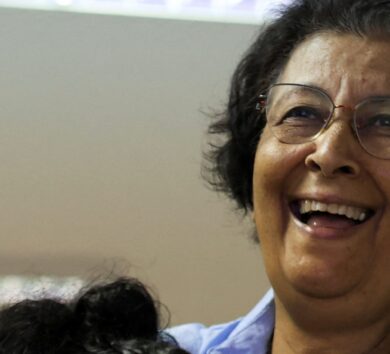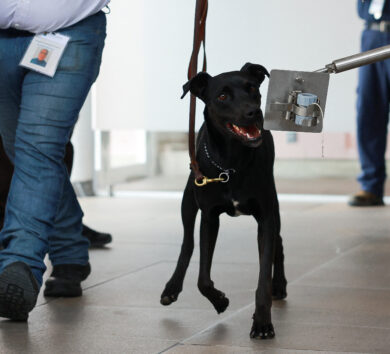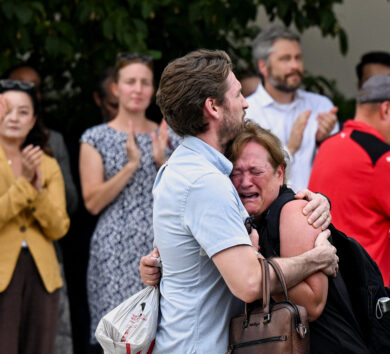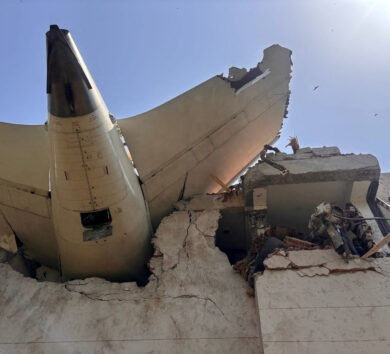

Jamaica has today (July 6) become the latest in a number of countries worldwide to confirm a case of the monkeypox virus.
This is the word from Health Minister Dr Christopher Tufton, who made the disclosure during an emergency virtual press briefing this afternoon.
According to the minister, the virus was confirmed in a male patient who recently travelled to the United Kingdom.
“He presented to the public health system on July 5, having arrived on the island five days earlier,” said Tufton.
He added: “The patient has been isolated having (had) confirmatory tests done and his close contacts quarantined following contact tracing which will continue if necessary.”

The minister further noted that the confirmation of the first case of the virus has triggered the island’s emergency response protocols in line with international health protocols.
He said: “Among other things our emergency operations centre has been activated. A review of all isolation facilities is to be done to look at the capacity to manage both monkeypox and COVID-19.”
In the meantime, the minister said the necessary health protocols are being completed for the distribution to health teams islandwide.
In addition, sensitisation of the health team and members of the public, which began over a month ago, is being enhanced.

What is Monkeypox?
Monkeypox is a virus transmitted to humans from animals. It was first discovered in 1958 when two outbreaks of a pox-like disease occurred in colonies of monkeys kept for research, hence the name ‘monkeypox’.
The first human case of monkeypox was recorded in 1970 in the Democratic Republic of Congo during a period of intensified effort to eliminate smallpox.
Since then, monkeypox has been reported in humans in other central and western African countries, often in proximity to tropical rainforests.
Signs and Symptoms of Monkeypox
In humans, the symptoms of monkeypox are similar to but milder than the symptoms of smallpox. Monkeypox begins with fever, headache, muscle aches, exhaustion, chills and swollen lymph nodes.
The incubation period (time from infection to symptoms) for monkeypox is usually 6−13 days but can range from 5−21 days.

Within one to three days after the appearance of fever, the patient develops a rash, often beginning on the face then spreading to other parts of the body. It affects the face (in 95 per cent of cases), and palms of the hands and soles of the feet (in 75 per cent of cases).
Monkeypox is usually a self-limited disease with the symptoms lasting from two to four weeks. Severe cases occur more commonly among children and are related to the extent of virus exposure, patient health status and nature of complications.
READ MORE: Everything you need to know about the monkeypox virus







Comments